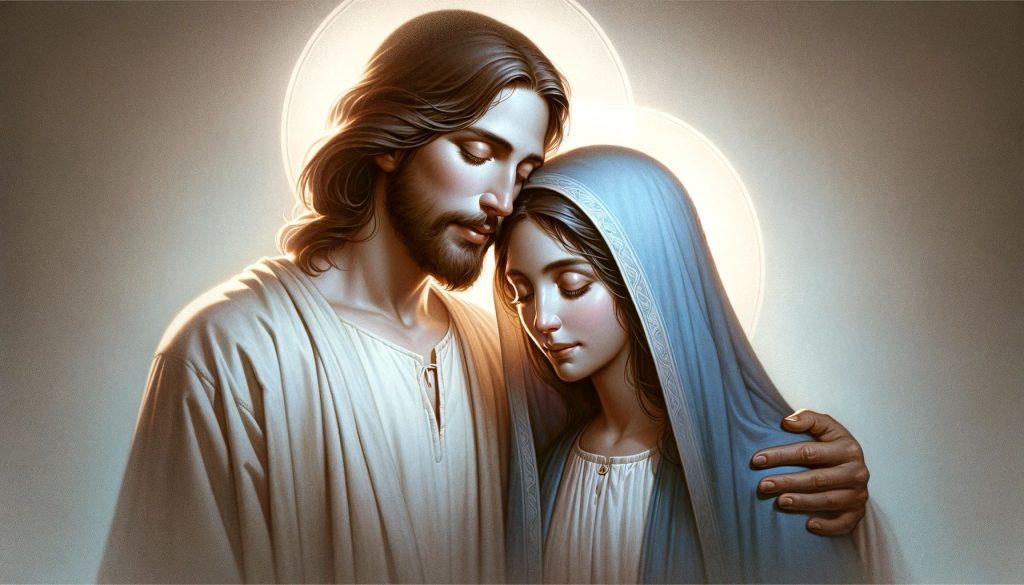Jesus and Philosophers: A Profound Distinction
When we ponder whether Jesus stands apart from eminent philosophers like Socrates, Plato, and Aristotle, we uncover profound distinctions. It is crucial to grasp that Socrates and his philosophical counterparts disseminated ideas grounded in human thought and understanding, limited by their human nature. In stark contrast, Jesus, as revealed in the Douay–Rheims Bible, imparted truths that flow from divine wisdom, marked by their infallibility.
Philosophers and Their Finite Wisdom
Socrates, Plato, and Aristotle, despite their renown for wisdom, put forth doctrines that originated from their finite intellects. They navigated the intricate pathways of philosophical inquiry, arriving at conclusions that, while brilliant, relied on human knowledge and speculation. These conclusions, though profound, were essentially bound by the constraints of human understanding and were temporal in nature, guiding us toward a deeper grasp of the human condition.
Interestingly, the teachings of philosophers like Socrates nurtured temporal proficiency within the confines of imperfect human knowledge. Their insights, though valuable, remained subject to revision and refinement as human understanding evolved. These philosophical doctrines, though influential, did not offer the promise of eternal salvation or everlasting happiness; they instead illuminated the path of intellectual exploration.
The Divine Truths of Christ
When we shift our focus to Jesus, we encounter a striking contrast. In the sacred texts of the Douay–Rheims Bible, Jesus is depicted as the bearer of divine truths. His teachings do not emanate from the finite minds of mortals but spring forth from the infinite well of divine wisdom. His words are characterized by infallibility, standing as unassailable truths that transcend the boundaries of human comprehension.
Indeed, the fruits of Christ’s teachings are not confined to temporal proficiency but extend to the promise of eternal happiness. In His doctrine, we find the key to salvation and the pathway to everlasting life. This distinction sets Jesus apart from the philosophers of antiquity – His message transcends the temporal realm, offering profound and everlasting hope to those who follow His path.
The Divine Nature of Jesus
Lastly, it is essential to recognize a fundamental difference that surpasses all others. Socrates, Plato, Aristotle, and the great philosophers of history were, at their core, mere mortals. They were exceptional thinkers, indeed, but undeniably human. In contrast, Jesus, as the Douay–Rheims Bible affirms, was divine in nature. He was not just a wise teacher or philosopher; He was God incarnate, the embodiment of divine wisdom and love.
In summary, while the thinkers of antiquity, including Socrates, Plato, and Aristotle, made invaluable contributions to the realm of human thought, their teachings were rooted in finite understanding. In contrast, Jesus, as portrayed in the Douay–Rheims Bible, imparted divine truths that transcend human limitations and promise eternal happiness. This distinction, coupled with His divine nature, underscores the profound uniqueness of Jesus among all great thinkers in history.
🙏 PayPal Donation Appreciated
The Case for Catholicism - Answers to Classic and Contemporary Protestant Objections
Disclaimer: As an Amazon Associate, I earn from qualifying purchases. Thank you.
